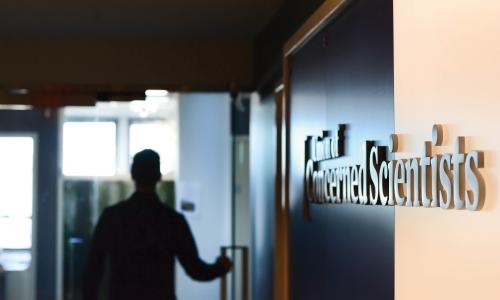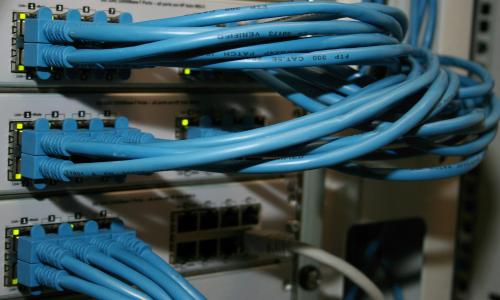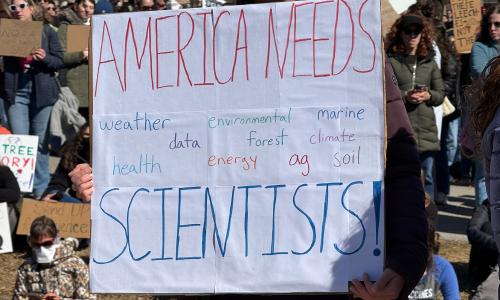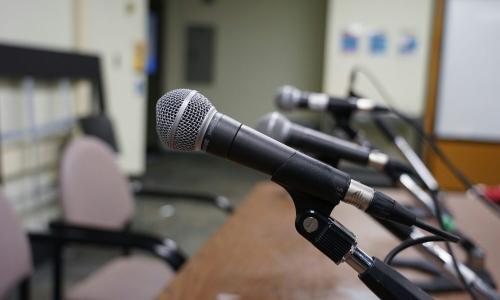November 2-5, 2025 | Washington, D.C.
The Union of Concerned Scientists (UCS) and our partners will be at APHA 2025 to present our work, and we would be thrilled to meet you! In addition to our experts' sessions, UCS will also be at Booth #1636—be sure to come by and say hello.
We cordially invite you to the following events at APHA 2025.
Sunday, November 2
This presentation is part of the "Emerging Fields in Environmental Health" poster session.
Mixed Methods Approaches: Structures and Methodologies for Cumulative Impact Assessment Development
- UCS Senior Scientist Kristie Ellickson
- 1-2 pm
This presentation is part of the "Promoting Racial Equity in Public Health" session
Cumulative Impacts Recommendations from the National Environmental Justice Advisory Council Part I
- UCS Senior Scientist Kristie Ellickson
- 3:15-3:30 pm
Monday, November 3
This presentation is part of the "Community Resilience: Bridging Climate Change and Public Health" session
Cumulative Impacts Recommendations from the National Environmental Justice Advisory Council Part II
- UCS Senior Scientist Kristie Ellickson
- 11-11:15 am
This presentation is part of the "Addressing Water Risks " session
- UCS Senior Analyst Darya Minovi
- Washington Convention Center, 155
- 9:15-9:30 am
- Darya will share new evidence-based guidance on how government agencies can effectively and meaningfully engage the public, especially impacted communities, in environmental health decision-making processes. The guidance draws from peer-reviewed research, environmental justice principles, and government best practices.
We'll see you there!



